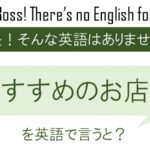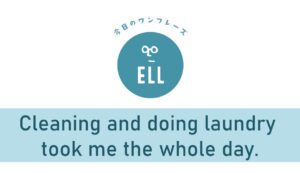
Winston Churchill said that history is written by the victors. I absolutely agree with this statement. However, I was under the impression that this was said by Napoleon. Either way, with the increasing amount of information that we receive these days with the wonderful Internet, it is becoming painfully clear that almost every account of history that we have been taught is quite biased. Each group believes themselves to be righteous and, depending on the religion, is backed by ‘God’. Therefore, one who has ‘God’ on their side is never wrong. Right?
A question that you must ask yourself is, “How reliable is the ‘history’ we have been taught?” I believe that the answer is simple, but this is one of those times that I must also answer a question with a question. I know that we have all been told that we should not do such things; however, there are times when it is unavoidable, such as now. The answer to the first question is, “What do you want to believe?” This is the best that I can offer.
In my opinion, nothing is one hundred percent. Every ‘good’ lie needs to have some truth to it. This may seem a little bit off topic, but I think that this saying is very prevalent today.
Now, let’s go back to the times of ancient Egypt. There is clear evidence that parts of their history were rewritten by subsequent rulers to better match their own narrative. Not to mention a lot of information is missing. Sadly, when there is missing info, the person recording the events often tells it how they feel they want to. This is done for several reasons, but “fitting one’s narrative” is probably the most common. Truths are often stretched, bent, or outright shattered.
As I am writing this, I keep thinking of the saying, “It is a case of he said versus she said.” This is the reference that there are always two sides to a story. Unfortunately, most people are busy trying to align themselves to the side that they either want to believe in or ‘trust’. What must not be overlooked is another phrase, one which may possibly be closer to the so called ‘truth’. That saying is, “There is his story, then there is her story, then there is the TRUTH.” However, this truth is very difficult to find, since you need to hear both sides of the story then determine what is the truth and what is not. Only then can the ‘real story’ be known.
To make a long story short, the only way that our history classes could come close to the truth is that if we could get all countries and ‘experts’ together to present each historical event from “their point of view”, find the common points and present them to the general public, then we might be able to get somewhat close to the true history, but as I said before, there is too much unknown info and too much info left out to be able to understand everything fully.
To put it in one sentence: had WWI or WWII gone differently, we might not believe that which we do today.
Kevin
Vocabulary
biased (adjective) - a strong feeling in favour of or against one group of people, or one side in an argument, often not based on fair judgement
back (verb) – to support or encourage somebody or to give them help
prevalent (adjective) - very common at a particular time or in a particular place
subsequent (adjective) - happening or coming after something else
narrative (noun) - a way of explaining events to illustrate a set of aims or values
align (verb) – to change something slightly so that it is in the correct relationship to something else
英語学習をフルサポート!
マンツーマン&コーチングの英会話教室
























